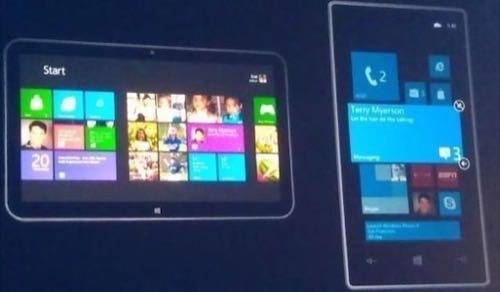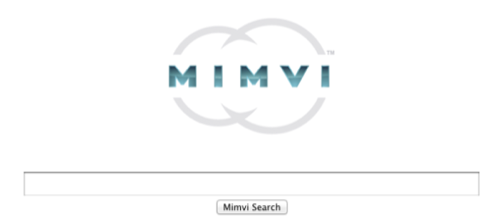
Microsoft invested in Mimvi on Tuesday, designed to improve its app discovery capabilities for Windows Phone 8. For if developers build the most wonderful apps for Windows Phone 8, but no one sees them, what happens? Everyone loses.
Microsoft made an unspecified investment into Mimvi on Tuesday, almost certainly in an attempt to improve app discovery on Windows Phone 8 as the software giant prepares to launch its latest operating systems.
Specifically, Mimvi will develop a number of products and services to complement the Windows Phone 8 apps that will be hosted on Microsoft’s Windows Azure public cloud, the two companies said. The agreement also involves Microsoft making undisclosed investments in Mimvi in the form of engineering services, software and cash.
As history has proven, a vibrant app ecosystem is essential to spur adoption of a phone platform. The number of apps published to Microsoft’s Windows Phone app store, by one estimate, was just over 100,000 in June. But just over 77,000 were available to U.S. users. AppBrain estimates that over 520,000 Android apps are available, with a quarter of them ranked as “low-quality” apps that are likely to be removed. Apple’s App Store now plays host to 700,000 apps, the company said at its iPhone 5 launch.
At the same time, Microsoft’s share of the U.S. smartphone market shrank from 4.0% to 3.6% in July, the most recent numbers available from comScore. Google’s Android holds 52.0%, versus 33.4% for Apple’s iOS.
Pushing the best apps in front of users has to be a priority for Microsoft. And that’s where Mimvi comes in.

What Is Mimvi, Anyway?
Essentially, Mimvi’s front page is an app search engine, complete with a minimalist white page, a large logo and an unadorned search box. Type in “Bejeweled,” for example, and the site returns a list of results, ranked by relevance, with a left-hand nav bar available to filter out apps running on iPhone, iPad, Android, BlackBerry and Windows Phone – and even Facebook and Web apps. Each listed app links directly to the app’s marketplace, so that a search for the Android receipt app, Lemon, clicks directly into Google Play. Each app also comes with a “star” ranking of one to five, although Mimvi apparently curates its own results; Lemon for Android, for example, claimed that 304 people had voted it a total of of four stars, while Google Play claims 3,750 have awarded it an average of 4.5 stars.
Mimvi is also preparing to launch Mimvi Echo, billed as a “a unique and proprietary technology that matches mobile apps to Web content,” apparently to suggest apps based on what the user is either reading or searching for. Echo might suggest an app like Income Tax Calculator 2011-2012 when a user searches for tax preparation software.
In August, Mimvi acquired Lone Wolf, a “social innovator” that will collaborate on Mimvi Echo.
“We believe that the combination of Lone Wolf and its Smash Networks product with our contextual search and recommendation technology will provide Mobile App developers a complete marketing and distribution solution and will help developers deliver a compelling proposition to millions of people on a daily basis – eliminating their reliance on app stores and other search sites for Mobile App discovery,” said Michael Poutre, Mimvi’s chief executive.
The “SuperPlatform” that the two companies will deliver will free consumers from a reliance on app stores, the two companies claimed at the time. Representatives from Mimvi and Microsoft were not available to comment at press time.
Windows 8 And Windows Phone 8 – Better Together
Microsoft has also set out to push developers hard to create apps for the Windows 8 platform. On Sept. 22, Microsoft brought together 2,567 developers at a single location in India to compete in Windows AppFest – a non-stop 18 hours coding marathon for developing Windows 8 applications. The effort earned Microsoft the somewhat dubious Guinness World Record for Most Participants in a Software Development Marathon in One Location. According to the unofficial WinAppUpdate blog, there are now 2,079 Windows 8 apps available internationally.
That’s important, because Windows 8 and Windows Phone 8 will partially share a common code base. Known as “the common core,” it represents a shared set of code between Windows Phone 8 and Windows 8 that will allow developers to write an app once for Windows 8 and make minimal changes to port it to Windows Phone 8. Apps will share drivers and hardware, including multicore processors.
“The net of this, in our opinion: We will see more apps, bigger apps coming faster, and we will see bigger, more beautiful apps running on Windows Phone running faster than ever before,” Joe Belfiore, the Microsoft vice president who is responsible for Windows Phone, said in June.
But if no one knows those apps are there, Microsoft loses – hence the investment in Mimvi.

















